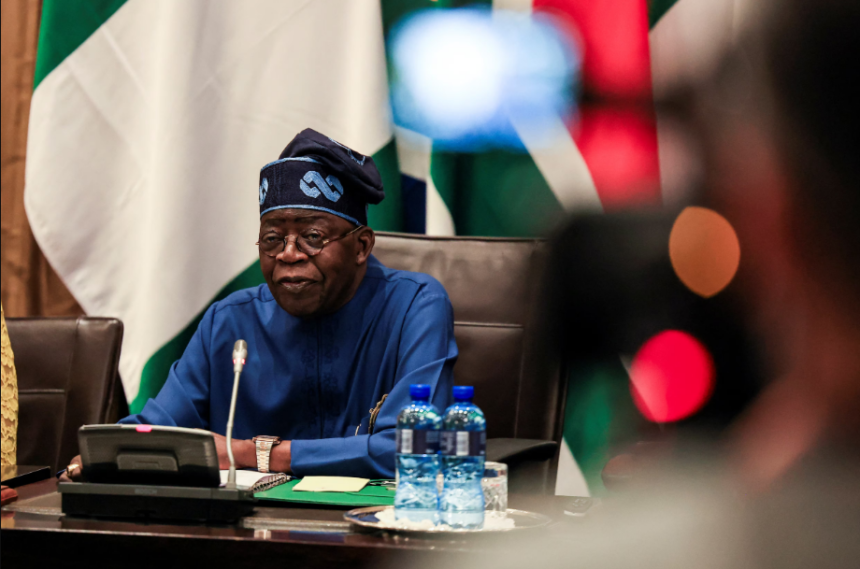Several stumbling blocks have faced Nigeria: high inflation, which has shot up to ridiculously high levels within the past three decades; unemployment among youths being the order of the day; and the continuous depreciation of the naira against major currencies. These unfortunate situations have left many Nigerians grappling with increased cost of living and limited access to financial opportunities.
This situation has been getting even worse with time. Still, all hope may not be lost for Nigerians, as the government of President Bola Tinubu announced the plan to launch a national credit guarantee Company soon, come June 2025. Now, what would this do to the everyday Nigerian? Let us put it this way.
As the name suggests, the National Credit Guarantee Company would be an essential support structure for those citizens who have been shut out of financial opportunities. This breaks some of the barriers to access to credit. For long, entrepreneurs, especially women and the youth, have struggled to access finances that could turn their ideas into economic successes. This would be the firm that stepped in, acting like a state-backed guarantor to ensure the financial institutions showed greater willingness to extend credit to those groups.
This policy targets breaking the norm of Nigerians struggling to get credit. Most often, underfunding or lack of funding impedes entrepreneurs, especially women and the young, who dream of owning their businesses. This move would mean a state-backed guarantor to ensure financial institutions are more willing to extend credit to these underserved groups.
President Tinubu said the National Credit Guarantee Company would consist of private investors and government institutions, including the Bank of Industry and Nigeria’s Sovereign Investment Agency, explaining that the move would shore up confidence in the financial system, improve access to credit, and help underserved groups such as women and youth.
Let’s note that when launched, this agency would be the second credit public company targeted at individuals since coming to power in May 2023. Backed by a grant of 100 billion naira, equivalent to sixty million dollars, the Nigerian Consumer Credit Corporation had granted credits to mostly government employees as the country fights to rein in inflation, accelerating at the fastest pace in almost three decades.
The National Credit Guarantee Company shall empower farmers and local manufacturers to scale up agricultural operations. It is not only individuals who receive assistance; on a macro level, such economic activities trickle down to economic growth. Jobs are created, industries are strengthened, and confidence in the financial system is restored. The step has been bold, from empowering small businesses to fighting inflation head-on. It won’t be easy, but Nigeria can turn its economic tide with firm determination and proactive steps.














